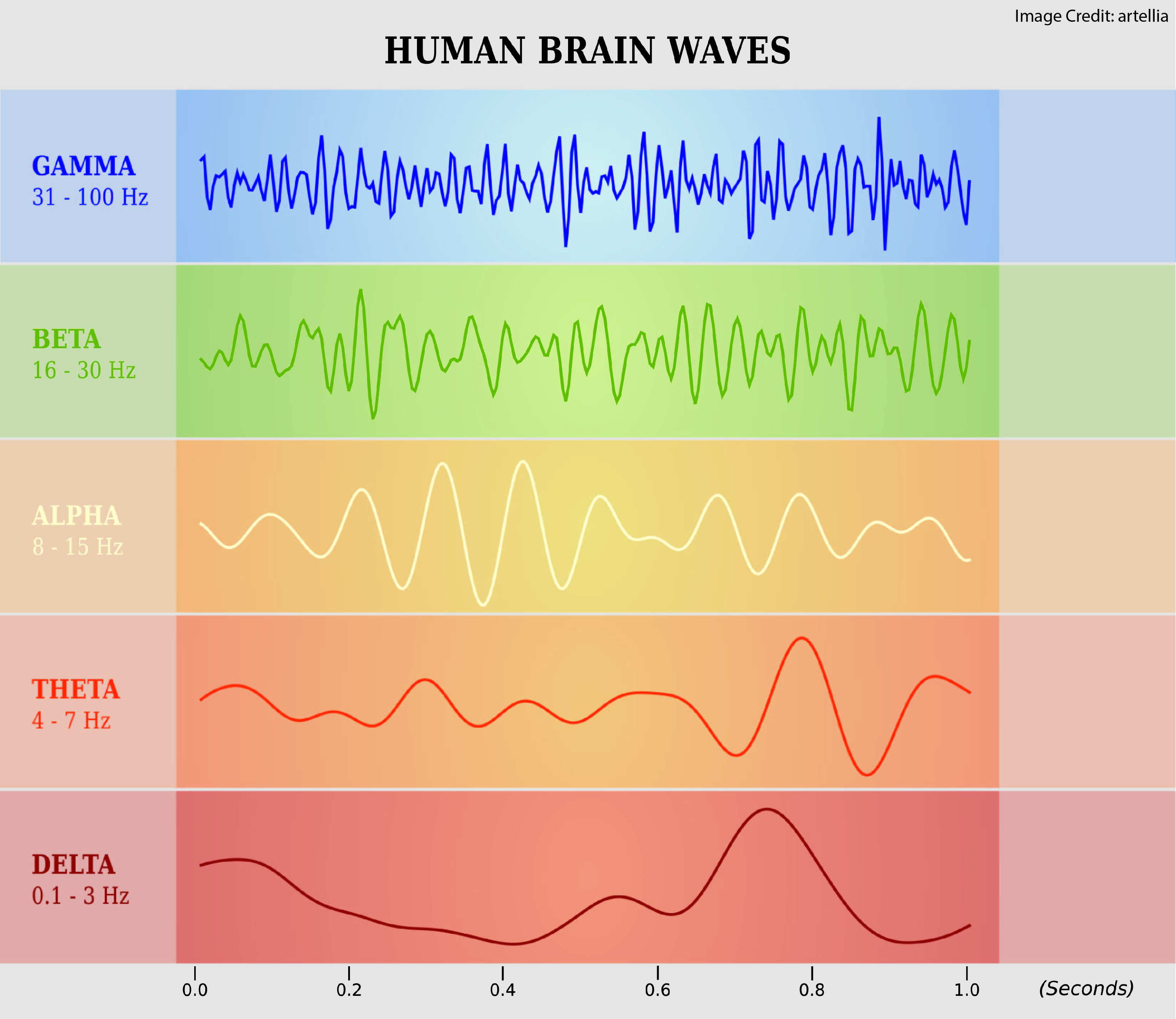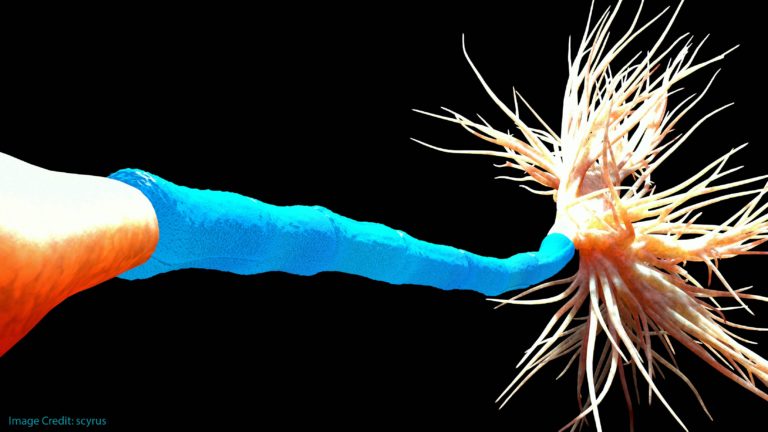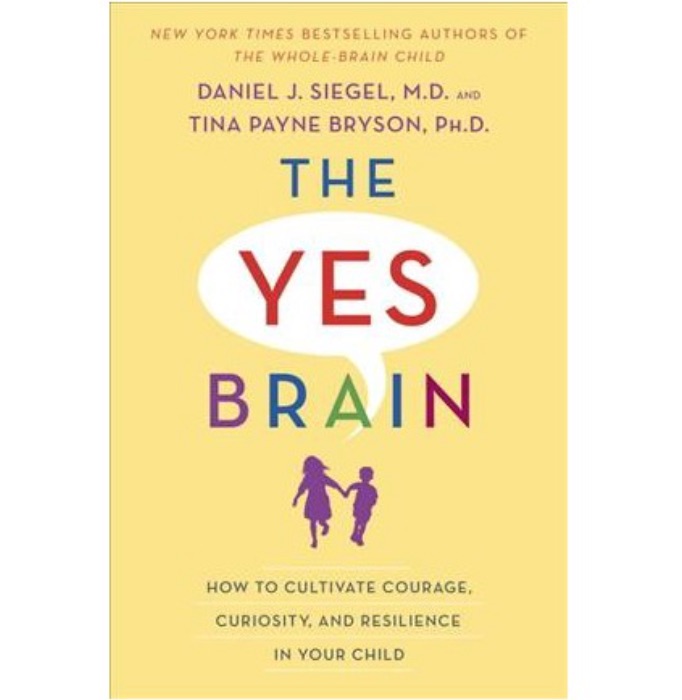Tags
ADHD adolescence attention book review boundary conditions classroom advice conference speakers constructivism/direct instruction creativity desirable difficulty development dual coding education elementary school embodied cognition emotion evolution executive function exercise experts and novices gender high school homework intelligence long-term memory math methodology middle school mindfulness Mindset motivation neuromyths neuroscience online learning parents psychology reading retrieval practice self-control skepticism sleep STEM stress technology working memoryRecent Comments
- Understanding Test Anxiety on Test Anxiety: How and When Does It Harm Students?
- A Skeptic Converted? The Benefits of Narrative |Education & Teacher Conferences on Help Me Understand: Narrative Is Better than Exposition
- Debate #4- Cell phones be banned from the classroom. | Aradhana's blog – ECI830 on Cell Phones in the Classroom: Expected (and Unexpected) Effects
- The Rare Slam Dunk? Blue Light Before Bed |Education & Teacher Conferences on “Writing By Hand Fosters Neural Connections…”
- Andrew Watson on “You Can Find Research that Proves Anything”
ABOUT THE BLOG
Monthly Archives: February 2018

Surfing Brain Waves to Better Concentration
What’s the difference between a gamma and a delta wave? Why do we care? This…

Does Pollution Really Harm Children’s Working Memory?
Pollution harms students’ working memory, both on their commute to school and in the classroom. Until we can solve this larger social problem, a less polluted route to school should be explored. Continue reading

Investigating Mindfulness: How Do We Know Its Benefits?
We would, of course, like to see studies with larger sample sizes, active control conditions, longer-term evaluation of results and so forth. This study find some positive trends, but overall isn’t impressed with the research progress over the last 13 years. Continue reading

Sleeplessness Harms Women’s Thinking More Than Men’s?
You can understand why this study lit up my twitter feed recently. It makes a…

Neuroplasticity and Myelin: Fascinating Brain Mysteries
Neuroplasticity and myelin are critical for the brain’s lifelong development, and essential for some of its most remarkable accomplishments. Continue reading

The Yes Brain: How to Cultivate Courage, Curiosity, and Resilience...
In their new book The Yes Brain: How to Cultivate Courage, Curiosity, and Resilience in…
Posted in Book Reviews
Leave a comment

Motivation vs. IQ: Which Is More Important?
In the “motivation vs. IQ” debate, the Gottfrieds’ research suggests that intrinsic love of learning sets students on a path to lifetime fulfillment. And, parents can help them get there by encouraging curiosity. Continue reading

Surprise! The Unexpected Outdoor Class Advantage
But do your students have a point? Might there be good reasons to move class outside every now and then? Continue reading

Getting the Best Advice about Learning
Occasionally I try to persuade people that neuroscience is fantastically complicated. In other words: we…

You Are Not a Nile Grass Rat…
Teachers should pay close attention to neuroscience and psychology research done on people. However, you should NEVER change your teaching practice based on research into non-human animals. Continue reading
